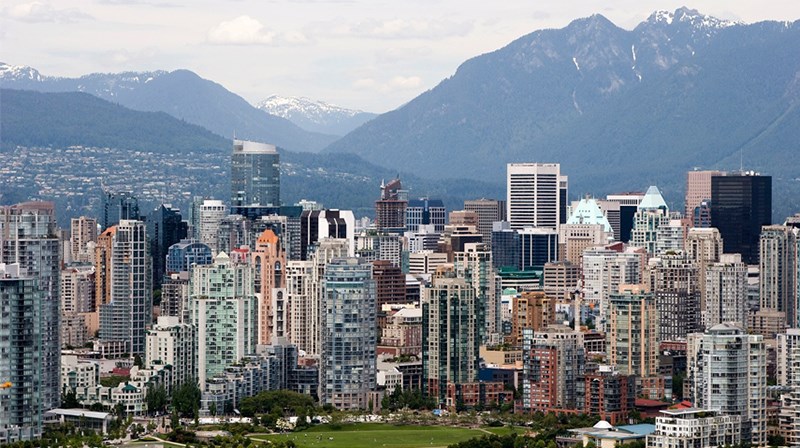Many First World cities would gladly trade their problems for Vancouver’s, but Canada’s most popular metropolis is trying to solve them with Third World solutions.
Vancouver is ranked deservedly among the most livable cities on the planet. Back dropped with the strongest economy in the country, it has an envious environmental record, Canada’s best climate and in the past few years has not only survived the downturn in its traditional log-rock-and-petroleum economy but has thrived through diversification, becoming the biggest shipping port and the second-largest tech and gaming centre in Canada.
Naturally, it has become a magnet for tens of thousands of people from other provinces and the world. This year more than 35,000, half of them from overseas, will move into the city.
Faced with such growth and population pressure, the always-high housing prices have soared and rental demand has tightened.
Yet, instead of welcoming this good fortune and acting quickly to increase housing supply to meet the demand, all levels of government act like real estate prosperity is a curse that must be curtailed.
Take rental housing as an example. There is a shortage of rentals, which has driven the vacancy rate to near zero. While the obvious answer is to create more rentals, the province restricts annual rental increases to less than 3 per cent while increasing utility charges. The city outlaws the redevelopment of much of the rental stock, which on average is 45 years old and has created such an onerous and complicated building code it can take months, even years, to get a new home built.
The city and the province now plan to tax vacant homes, as if an owner willing to forego income from the highest rent in the country would blink at paying an irritating tax.
Now consider housing prices, which have created thousands of millionaires in the city and boosted consumer spending to dizzying heights. The answer is more supply, but both the city and the province increase the taxes and levies on homebuilders and allow special interest groups to delay and even stop new home building, even near transit stations and in the poorest neigbourhoods. Land costs are skyrocketing, yet hundreds of acres of never-will-be-farmed land remains frozen in a restrictive agricultural reserve.
After years of trumpeting B.C. as the best place in the world to live, the provincial government has slapped a restrictive tax on foreigners who actually believe it is.
Meanwhile, the federal government continues to make it harder for first-time buyers by tightening their ability to secure mortgages.
All three levels of government pledge to create more affordable homes for those most at risk, but layers of bureaucracy mean it costs nearly twice as much to deliver a subsidized apartment than to build a new condominium.
The answer to solving the dilemma of high real estate prices is not Third World-style government interference. The answer is in unfettering the entrepreneurs and the risk takers who built Vancouver in the first place.



